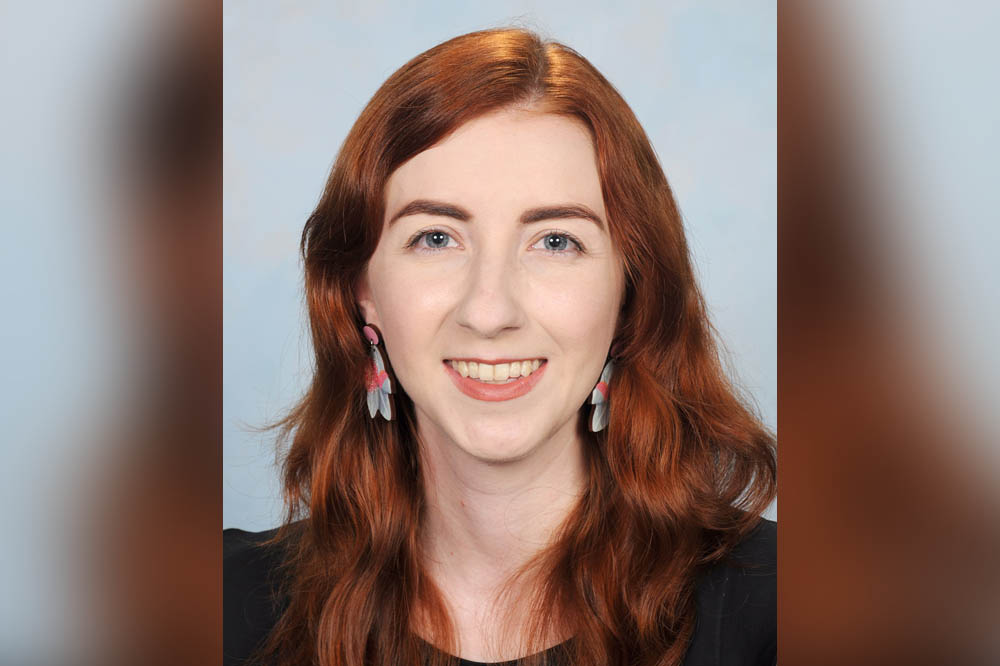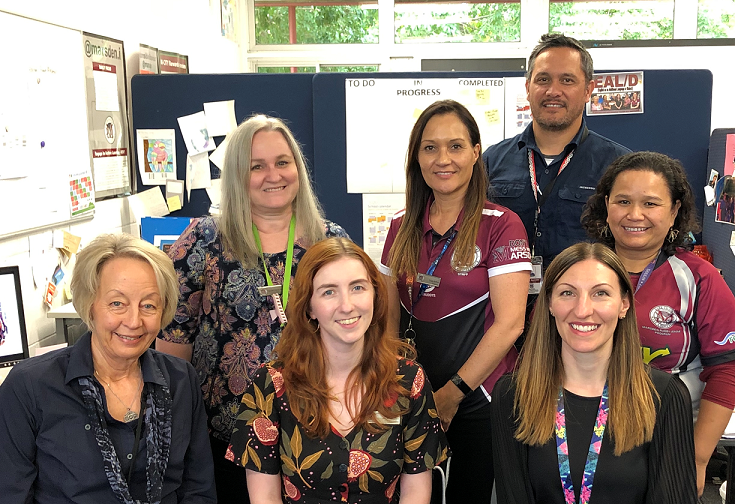
As a multicultural society, Australia is home to millions of families who speak a language other than English at home. In schools, the students of these families are designated EAL/D, or students who speak English as an additional language or dialect.
Across Australia, around 25% of primary and secondary school students fall into this category, but in some schools this figure can be as high as 90%.
EAL/D can vary between schools, depending on factors such as the number of these students, their English language learning needs, and the number of specialist teachers in the school.
One issue facing schools who have high numbers of these students is that these teachers are very much a limited resource, and not always able to provide direct support to every student.
Marsden State High School in Queensland has experienced exponential growth in student enrolments since 2016, and a large portion of these enrolments have been EAL/D students coming from overseas and from other schools.
Alice Upcher, EAL/D coordinator at the school, said one of the biggest opportunities to have come from this influx was the creation of more classes across the school to support non-English speaking students.
“Building strong relationships with students across the school has also been effective, as these students have been able to build a strong community within the school,” she told The Educator.
‘Students get the best support possible’
A sizable portion of Upcher’s day-to-day work involves connecting students with a vast range of different supports, which has helped her sharpen her own skills across multiple areas over time.
“This includes wellbeing, academic, career pathways, and even small things like timetable changes – whatever is needed for the situation,” Upcher explained.
“I advocate for the needs of these students and work with the school to ensure that these students are understood and getting the best support possible for their individual needs”.
Upcher said she is often the first point of contact for students and families – something she takes pride in.
“I highly value ensuring the parents’ needs are heard and met by the school,” she said.
Another important aspect of Upcher’s role is to support and organise professional development for teachers around EAL/D, which helps address the issue of upskilling in this important area.
Indeed, Upcher’s work helping to build the capacity of others at her school doesn’t stop there.
“I also coordinate the language support classes that help students develop their academic English, and this year I am starting to develop initiatives across the school to promote and value our diversity”.

Using language to bridge concepts
Upcher said it can be easy for teachers to fall into a mindset that some tasks are too hard for students cognitively, forgetting that many have had an entire education in another language.
“I live for that lightbulb moment you can see on a student’s face when they are suddenly able to connect a concept they have learned in their own language to something they have been struggling with in an English-speaking classroom,” she said.
“I am often in awe at how hard these students work to overcome challenges both in and out of the classroom, and they are so much stronger than people give them credit for”.
Upcher said the teachers’ role of helping students overcome learning barriers makes it all the more important to keep an open mind and be creative problem-solvers.
“We should know our students well and understand their experiences and be very mindful of the invisible barriers placed upon them by cultural expectations”.
Upcher reflected on the positive feedback she has received from the students she has helped in the course of her career.
“It is very humbling that years after teaching them – and in a school filled with such brilliant teachers – students will ask when I will be their teacher again,” she said.
Teachers will often come to me to share their excitement about the success of these students in their classes. It’s great to see the teachers get as excited as I do about their achievements”.
Alice Upcher was recently named a finalist in the Rising Star of the Year category ahead of the Australian Education Awards 2020.


